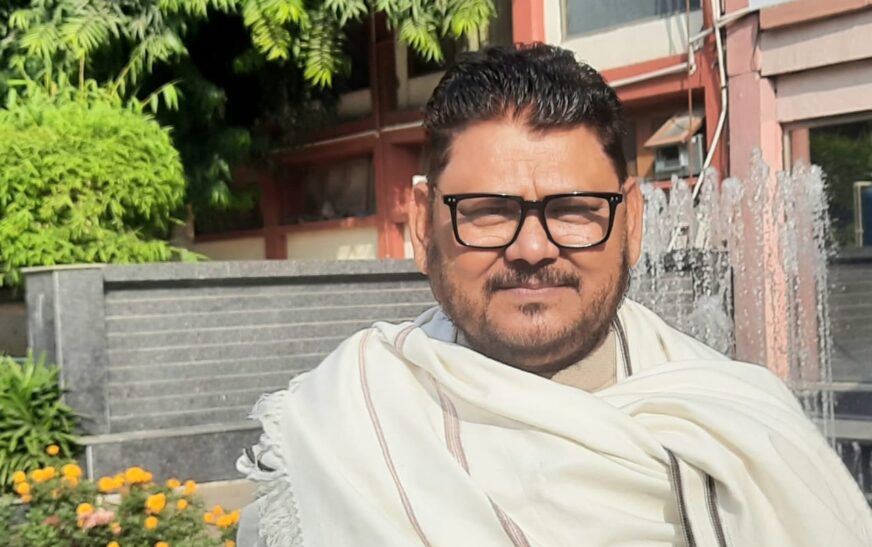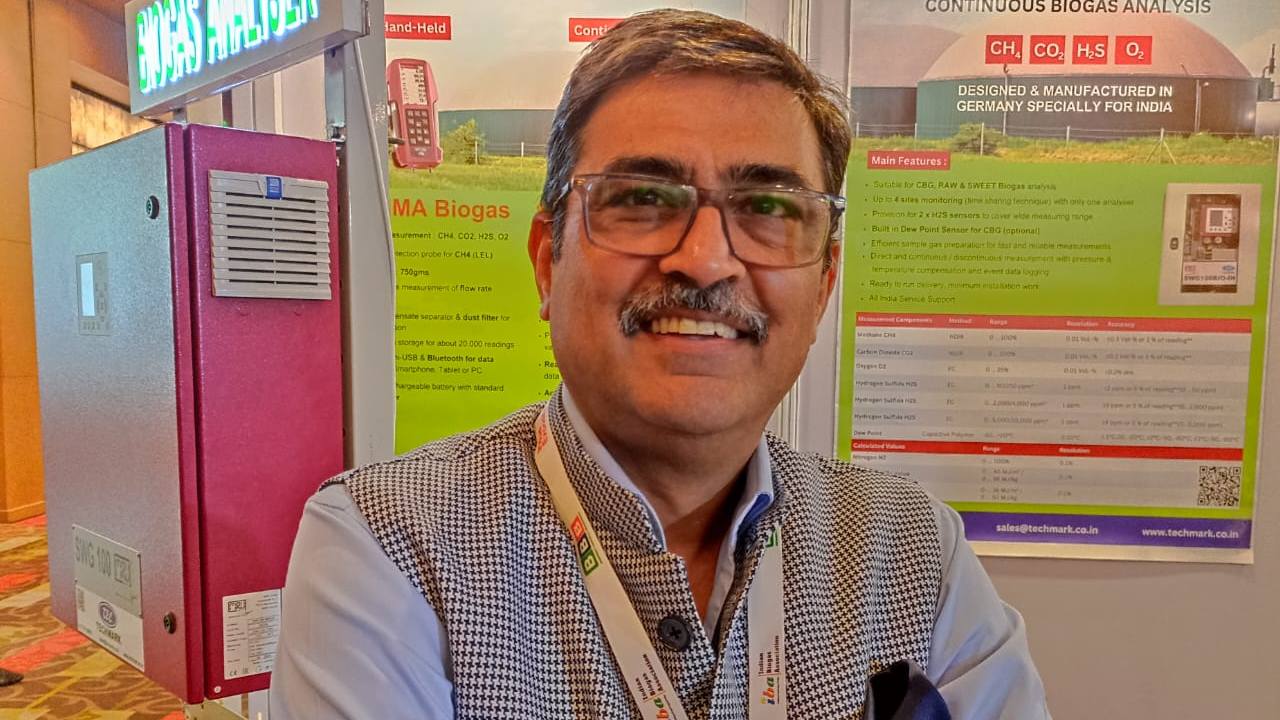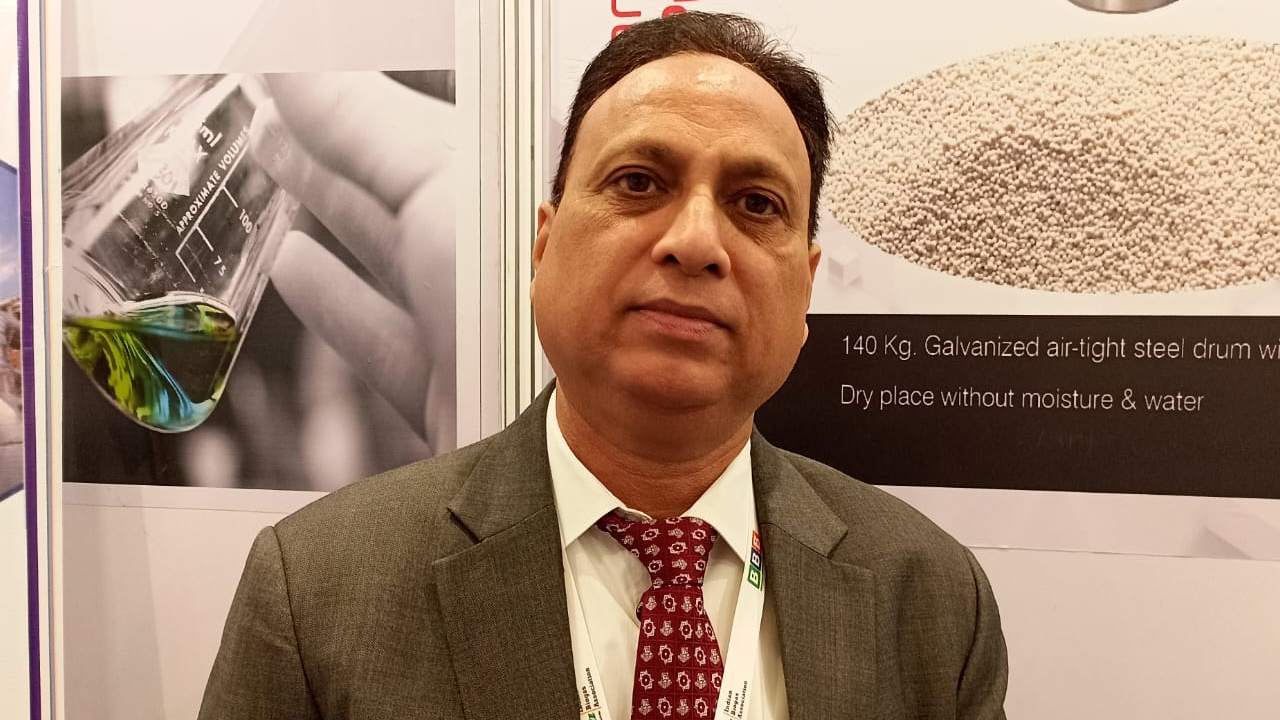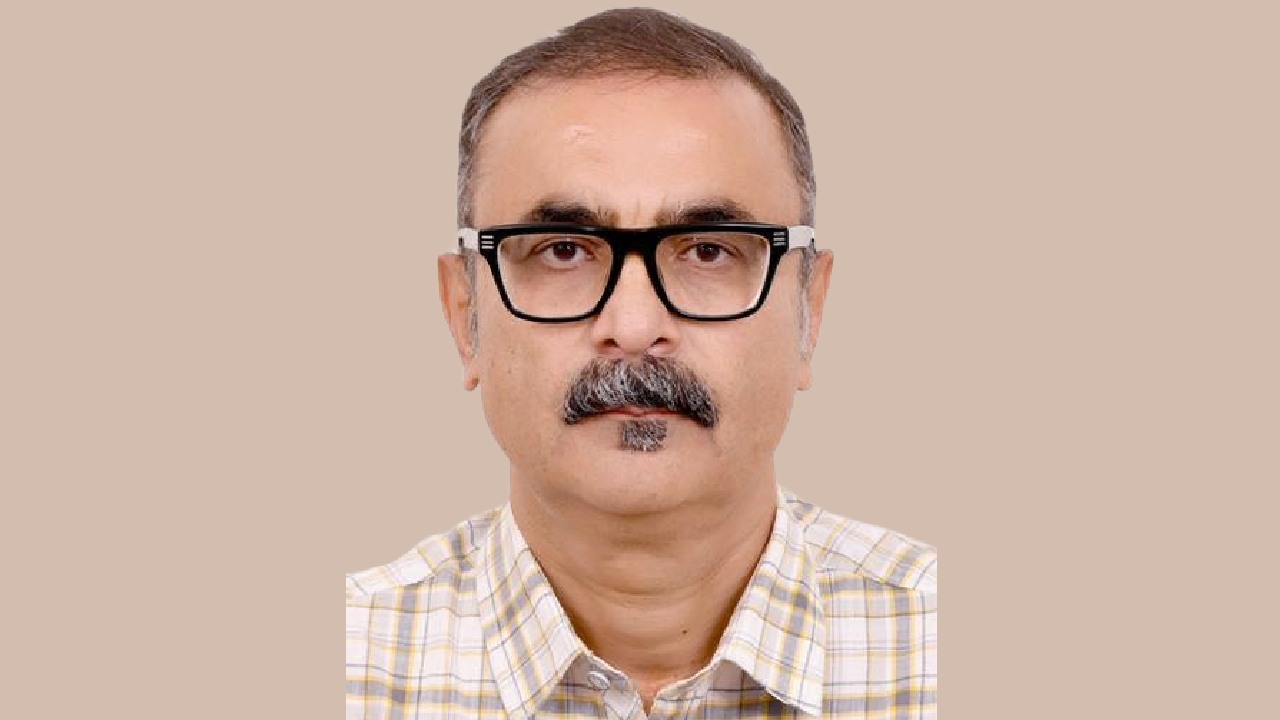All India Hawkers Forum (AIHF) operates under the auspices of the Trust for Right to Education & Equity (TREE). Primarily, this organization identifies unorganized individuals working as vendors in both rural and urban areas, constituting 20% of the population. However, the proper identification and recognition of these individuals remain a significant challenge.
In response to the growing need, the central government passed the Street Vendors Act in 2014. It prompted several state governments to take similar measures for the welfare of vendors. Numerous organizations, both public and private, have initiated actions. However, the majority of hawkers are yet to reap the benefits. They still grapple with the challenges of obtaining what is rightfully theirs.
As a nation, there is still an ongoing process of properly identifying and recognizing these individuals. Addressing their concerns regarding employment and business remains a distant reality. Although governments are taking action at various levels, substantial changes are yet to be witnessed on the ground.
AIHF collaborates with government agencies and private bodies to actively address the burning issues faced by its members. Through awareness camps, seminars, and dialogues, the forum aims to find amicable solutions rather than resorting to agitation and struggle. The ultimate goal is to achieve the betterment of street vendors by engaging in constructive dialogue with all stakeholders involved.
Talking to The Interview World, Irfan Ahmed Fatmi, General Secretary of AIHF underlines how the forum is taking new initiatives to enhance the life of hawkers. Here are the excerpts from the interview.
Q: Tell us about your organization.
A: AIHF operates in nine states to support hawkers, encompassing Bihar, Uttar Pradesh, Jharkhand, Bengal, Odisha, Gujarat, Rajasthan, and Delhi. These states collectively represent our rich tradition. Sharad Rao, a prominent leader from Maharashtra, founded this forum. Following his passing, I was elected as the General Secretary, and I am currently leading the organization.
In Bihar, we are pioneering a new hawker training model as part of the Kaushal Vikash initiative. We discussed with the government regarding the removal of 20% of hawkers in the name of smart city development.
While the development discourses are going on in the name of smart cities, no one discusses hawkers’ welfare. A mere incentive of Rs. 50,000 for hawkers to vacate the designated areas raises a crucial question. Until these hawkers don’t receive adequate compensation, discussions about their welfare and future remain premature.
Presently, our focus is on providing financial support and training to hawkers. In Bihar, the government, under Chief Minister Nitish Kumar, is offering Rs. 2 lakh insurance. This reflects a collaborative effort for the well-being of these hawkers.
Q: What kind of training do you provide to hawkers?
A: We train hawkers on the business model, emphasizing the importance of maintaining the business and its impact on personal life. Additionally, we guide him on effective strategies to manage loan repayments, both from the bank and other financial aspects. Throughout a comprehensive six-day training, we impart valuable insights into refining his business approach.
Currently situated in Bihar, our initial target was to extend our services to 1,500 individuals. However, due to unforeseen circumstances, we are now reaching out to 1,000 people instead.
Q: How many people are associated with your forum?
A: We are extending our support to 15,000 individuals nationwide. AIHF has a dedicated app. Hawkers can register through this app. Moreover, they can access comprehensive information on our AIHF website.
Q: What do you want to achieve through this app?
A: In the context of a burgeoning business landscape in India, we aim to address the unemployment faced, particularly, by hawkers. The absence of opportunities in this sector prompted us to leverage technology, empowering these individuals to kickstart their enterprises.
Drawing inspiration from the successful model of Ola, we designed our app to operate within a 2 km radius. This simplifies transactions for users. Notably, we want a tax-free environment, allowing these entrepreneurs to collaborate freely with the government.
Our support package includes essential resources, coupled with training sessions. These sessions are crucial in imparting a modern perspective on the system. Moreover, such sessions enable participants to efficiently manage their businesses and lead improved lives. Despite these positive strides, health challenges persist among the beneficiaries, prompting us to engage in discussions with the government. We need a holistic solution for the hawkers to lead a dignified life in society.









2 Comments
Very good initiative. Congratulations to Mr. Irfan Ahmed ji and his team.
Keep working ,fantastic job!
Comments are closed.